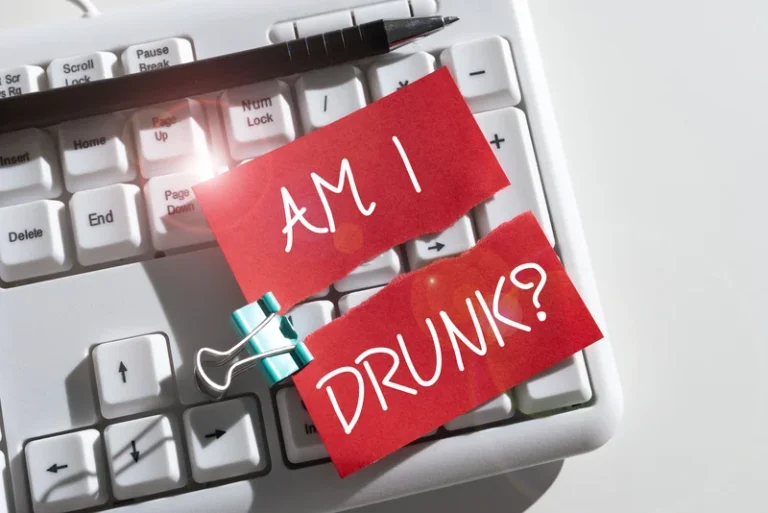
If you’re somewhere in the middle, here are a few key things to know. At best, you can drink a lot of water in between drinks and make sure to eat while consuming alcohol to diminish its effects. If you’re working with a medical professional to determine why you get headaches, it’s important to look at every possible trigger, including alcohol. However, it’s possible to have a migraine headache without having had a beer or a glass of wine. This information does beer cause headaches is helpful to know if you have chronic headaches.
The Evolution of CEFALY
- The end result of continuing to practice these tools is being able to actively participate in my life as a wife, mother, family member and friend.
- It’s one of the reasons why excessive alcohol usage can lead to heart issues.
- And for about one-third of people who have migraines, alcohol is also a trigger.
- It is caused by a lagging metabolic step as the body breaks down the booze.
- While these headaches eventually do subside, it is important to talk to a medical provider about headache triggers and develop a plan to minimize them.
This chemical is a vasodilator, which increases the size of blood vessels in the body. Also, scientific studies reveal that darker beverages like whisky, https://ecosoberhouse.com/ brandy, strong beer, etc., cause more problems than light lagers or other clear drinks when gulped down. Brandy, red wine, and rum have the highest levels of congeners, while gin and vodka contain fewer of these chemicals. However, once the effects of a drink have worn off, serotonin levels drop off, and our body struggles to maintain balance. Not only can this lead to anxiety and depression, but also headaches. Because that’s just what your body wants during a night of long partying, excessive urination.

When an Alcohol-Induced Headache Strikes
For some, a migraine diary is enough to understand the consequences of each drink. For others, it may be best to eliminate drinking until researchers know more about why alcohol triggers migraine. Migraine symptoms are triggered by alcohol within a few hours of consumption, while a hangover typically happens much later. Migraineurs are more susceptible to hangover symptoms than people without migraine, however.ii So it’s wise to stay hydrated and not overindulge, no matter what you’re drinking. The few experimental studies indicate that the highest congener beverage (bourbon) results in more severe hangover ratings than does the beverage with essentially no congeners (vodka). These congeners tend to affect how people feel the next day, including contributing to increased levels of hangover symptoms.

Why Does Alcohol Give Me A Headache? (Even A Small Amount)
- If you frequently suffer from alcohol-related headaches, and are struggling to cut back, there are also new solutions.
- From a physiological perspective, migraines are believed to involve abnormal brain activity, while headaches can have various triggers, such as dehydration or tension.
- It’s important to note that alcohol use disorder is a serious illness that can have life-threatening consequences.
- In addition to this, people are sometimes more likely to drink more when they are feeling stressed and a little reckless.
- If alcohol only occasionally causes you a headache, then moderation or striking that balance (as opposed to abstinence), may be a more reasonable approach.
- Many people have experienced a headache after drinking alcohol — especially after drinking too much.
This dilation can trigger headaches, especially in individuals who are more prone to migraines or have a sensitivity to changes in blood vessel size. Additionally, alcohol can also cause dehydration, which further exacerbates the headache-inducing effects. Understanding these mechanisms can help us make informed choices and take steps to prevent or manage alcohol-related headaches. Are you one of those people who always seems to get a splitting headache after a night of drinking? Many individuals experience this unpleasant side effect, and it can put a damper on an otherwise enjoyable evening. In this article, we’ll explore the reasons behind this common phenomenon and shed light on the factors that contribute to those pounding temples.
Understanding Personal Tolerance Levels
- If you consistently experience severe headaches after drinking, consulting a healthcare professional for personalised advice and guidance is a good idea.
- However, the type of alcoholic beverage that triggers these headaches is not clear.
- This Diagnosis & Treatment page walks you through next steps after a diagnosis.
- Be sure to talk with your healthcare provider about your “cocktail headache” plan.
Prioritise your health and make responsible choices when it comes to drinking. If you consistently experience severe headaches after drinking, consulting a healthcare professional for personalised advice and guidance is a good idea. Additionally, people with a history of migraines may experience longer-lasting headaches after drinking alcohol. Understanding how long these headaches can last can help you take the necessary steps to prevent or manage them effectively. Other reasons why alcohol causes headaches include changes in blood flow to the brain, inflammation of blood vessels, and its impact on serotonin levels.
Alcohol and Headaches: Why They Happen and What You Can Do
Understanding certain food components of some alcoholic beverages will help you understand your choices when it comes to selecting the best alcohol to avoid migraine. Just like food triggers, alcohol headache triggers are individual, varying from person to person. Tracking your own patterns may allow you to enjoy the party after all. The length of alcohol-induced headaches varies from person to person and depends on these factors. However, these headaches can average from a few hours to a few days.
- If you or someone you know is struggling with alcohol-related issues, contact our specialised treatment advisors to get the help you need.
- If your support system is lacking, consider joining a support group.
- They involve throbbing pain that generally occurs on one side of the head.
- Beer headaches and migraine attacks triggered by alcohol generally occur within the first few hours or the next day.
- However, a 2019 study found higher rates of vodka consumption among drinkers with frequent migraine attacks.
If you want to test to see if alcohol is a trigger, test one of these best alcohols for migraine and headaches on a day when you feel good and other triggers are low. Of course, everyone is different and will have different triggers. Some people may be able to drink red wine or whiskey without any problems, while others may find that even clear liquors are problematic. The informal poll of our Migraine Strong community members indicated that 53% are triggered by alcohol. This percentage is very similar to the amount reported in a study on migraine and triggers.

A sports drink with electrolytes is also helpful for this purpose. If you’re a lover of lager and don’t want to miss out on your favorite drink for fear of causing an alcohol-induced headache or migraine attack, keep reading. You’ll discover what happens in your belly and brain when you mix beer with migraine or another headache disorder.

What Are the Main Differences Between Headaches and Migraines?
Alternative migraine therapies can work alongside traditional treatments to reduce migraine attack frequency and lessen the impact of symptoms. Migraine is a disabling disease that no one should have to go through alone. It’s essential to build a support network of understanding people who can not only check in on you during an attack but also empathize with your experience. Then consider joining the Move Against Migraine support group on Facebook so you can connect with others who live with migraine.
While headaches are a symptom of having a migraine, as the UC Davis website points out, migraines amphetamine addiction treatment are a syndrome with other symptoms besides headaches. In other words, instead of expanding the blood vessels, higher and higher levels of alcohol constrict blood vessels, causing high blood pressure. It’s one of the reasons why excessive alcohol usage can lead to heart issues. According to the National Headache Foundation, over 90% of people have experienced an alcohol-induced headache over the course of their lives. Tannin is also found in many other common products, such as tea and chocolate, which generally don’t cause headaches. And phenolics are good antioxidants—they’re unlikely to trigger the inflammation that would cause a headache.